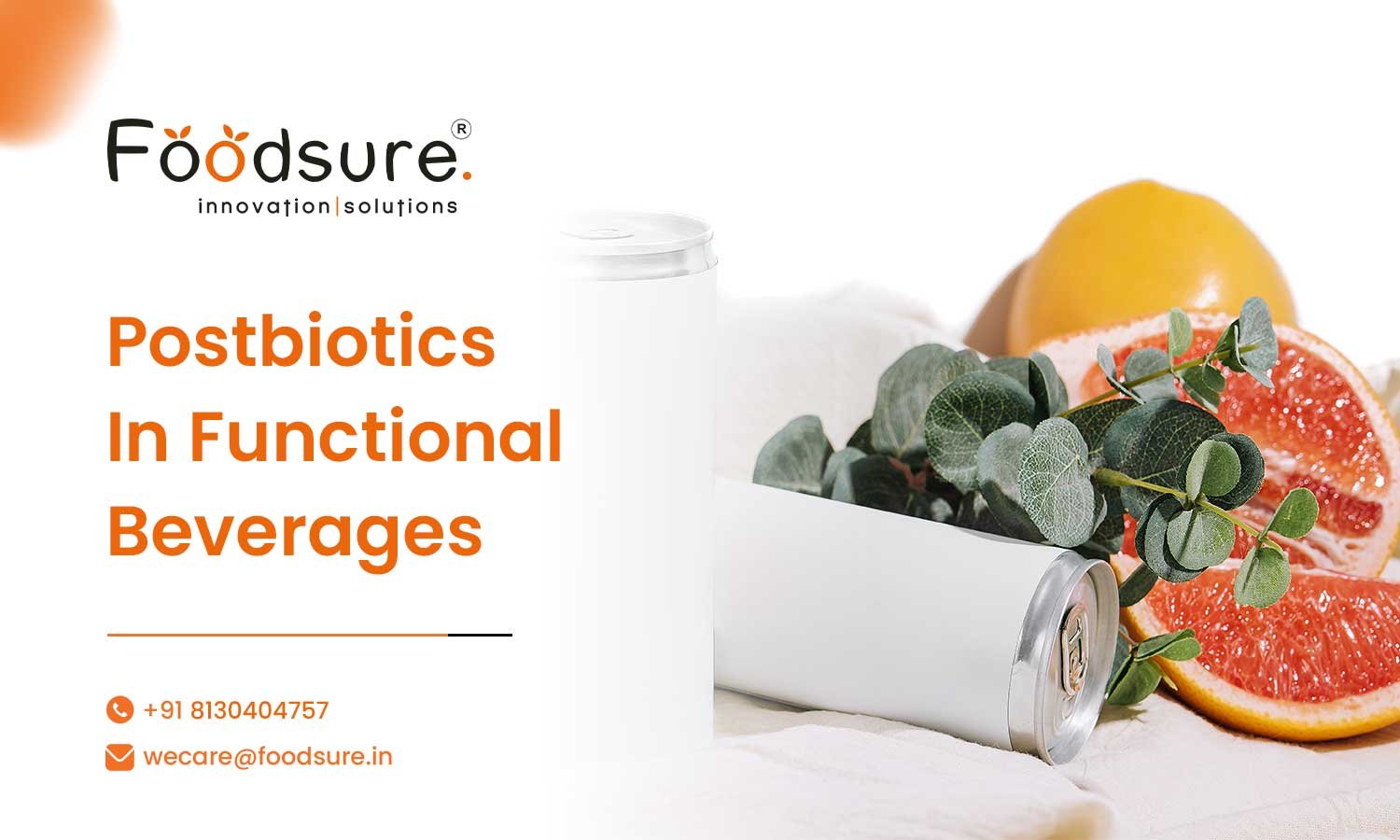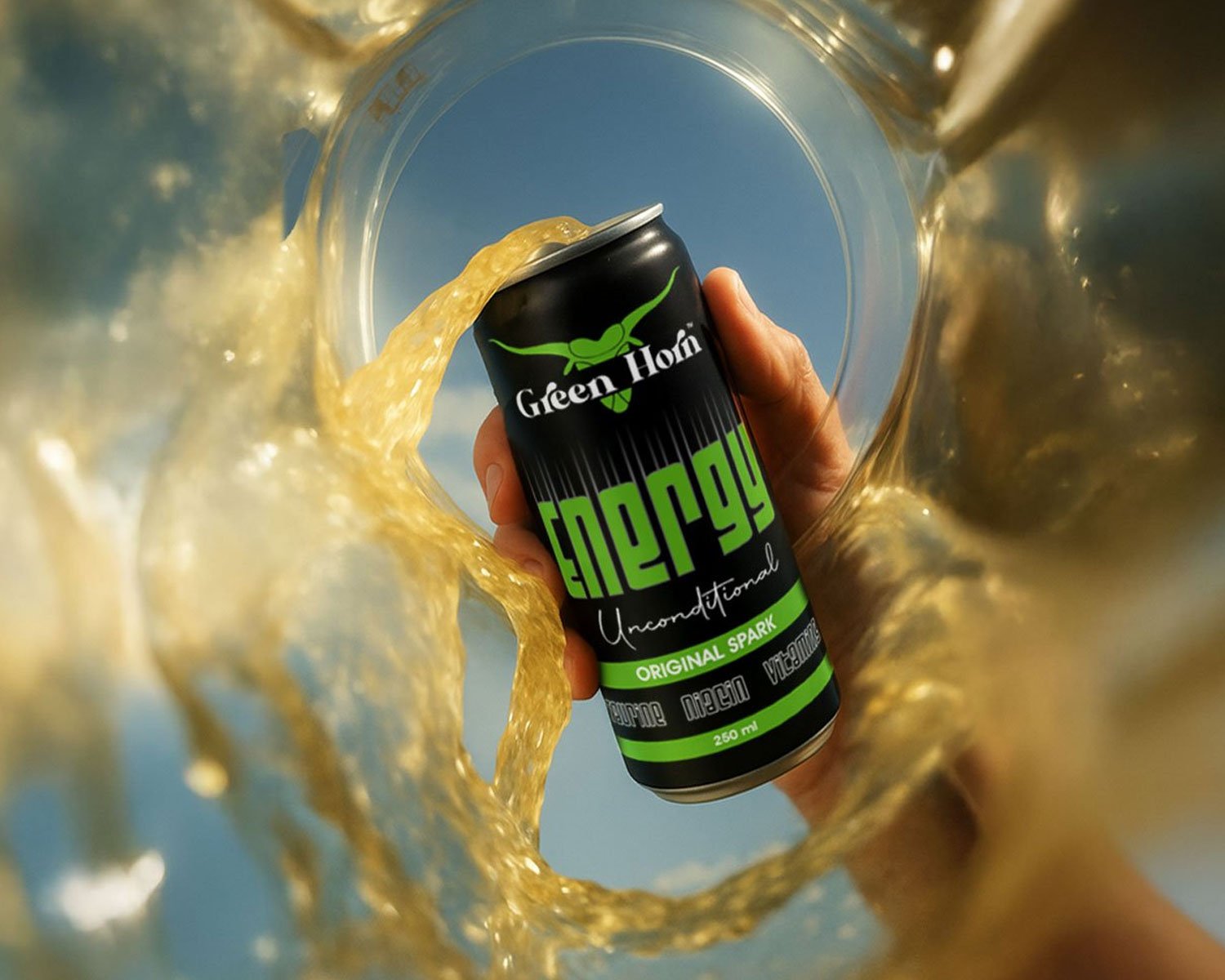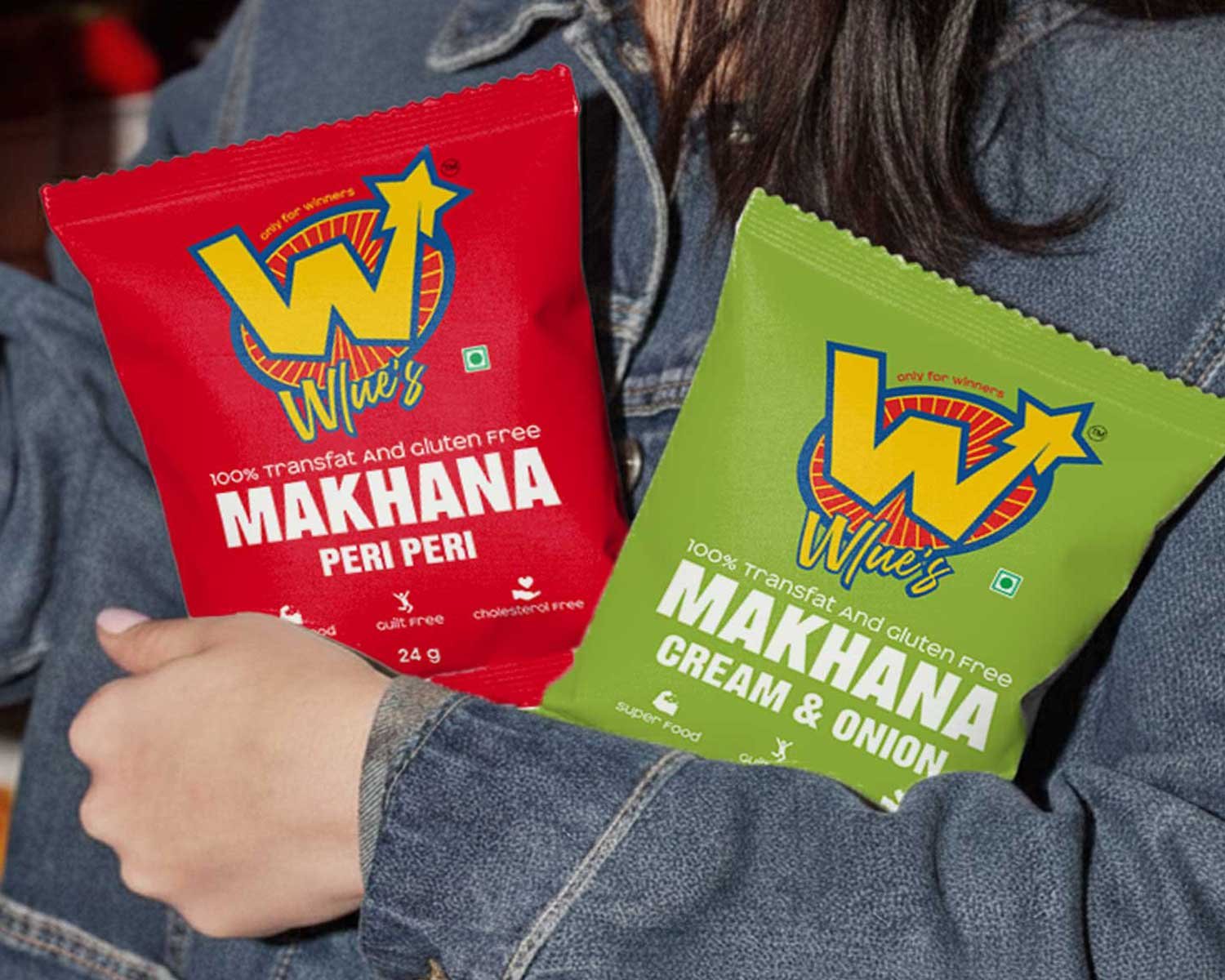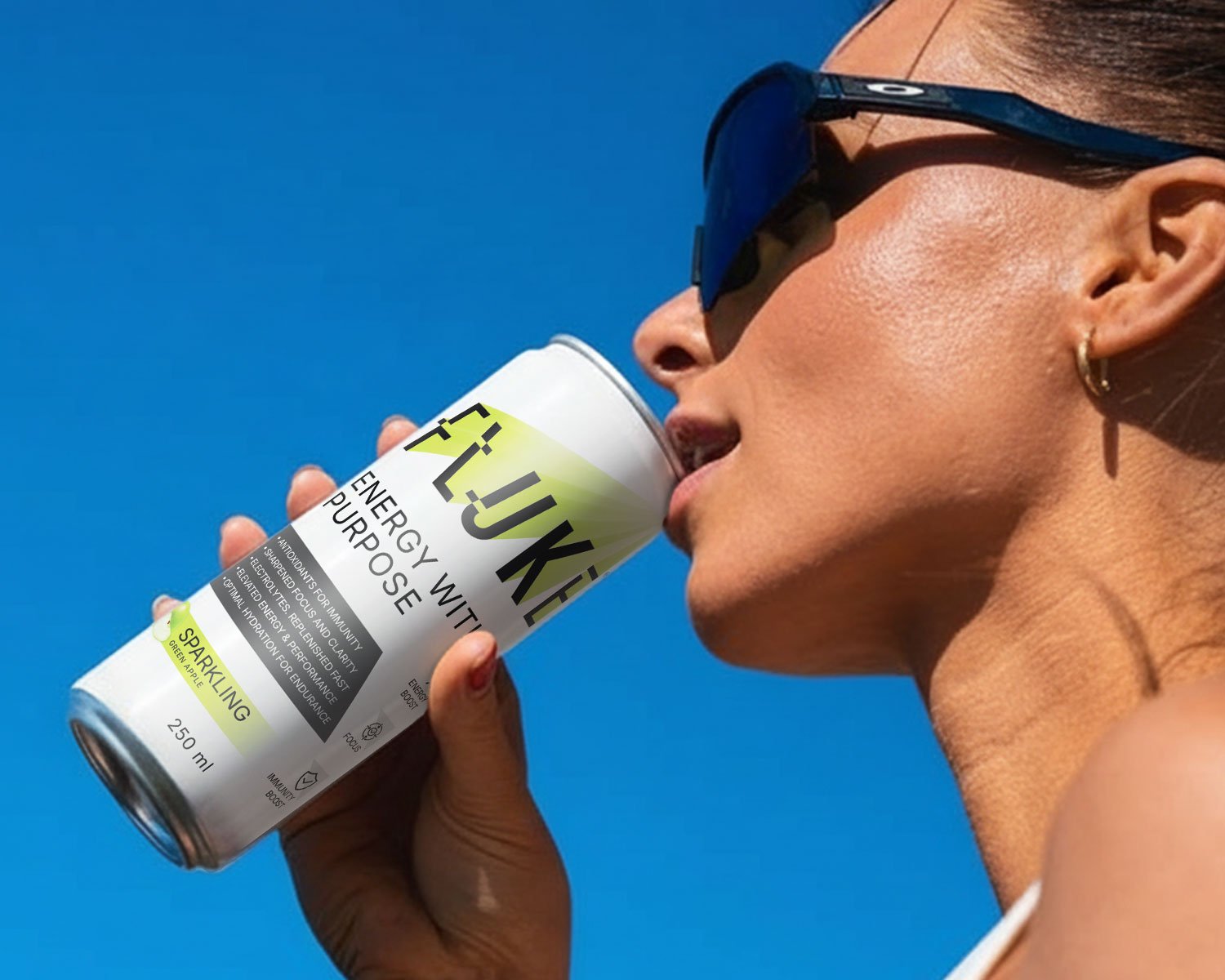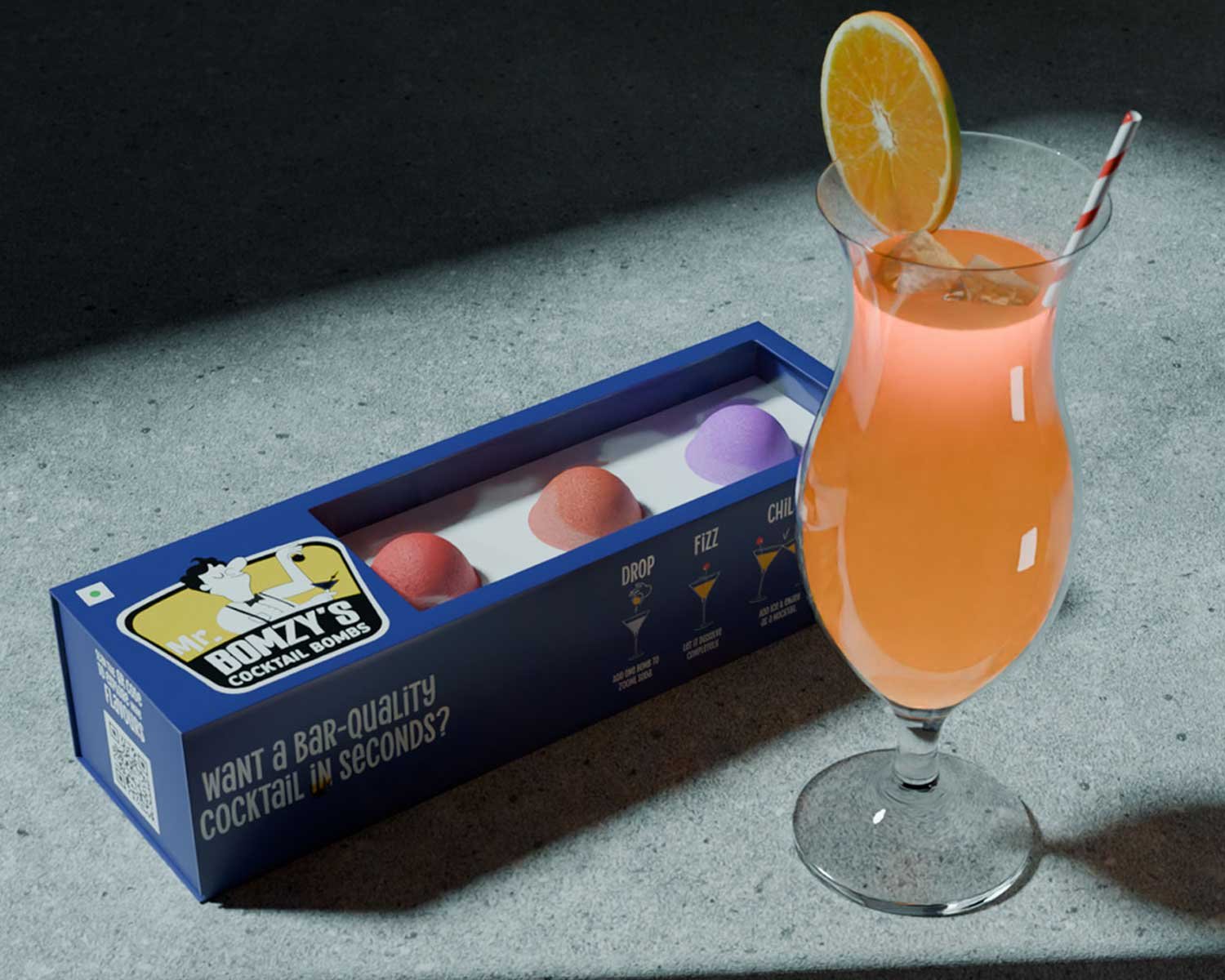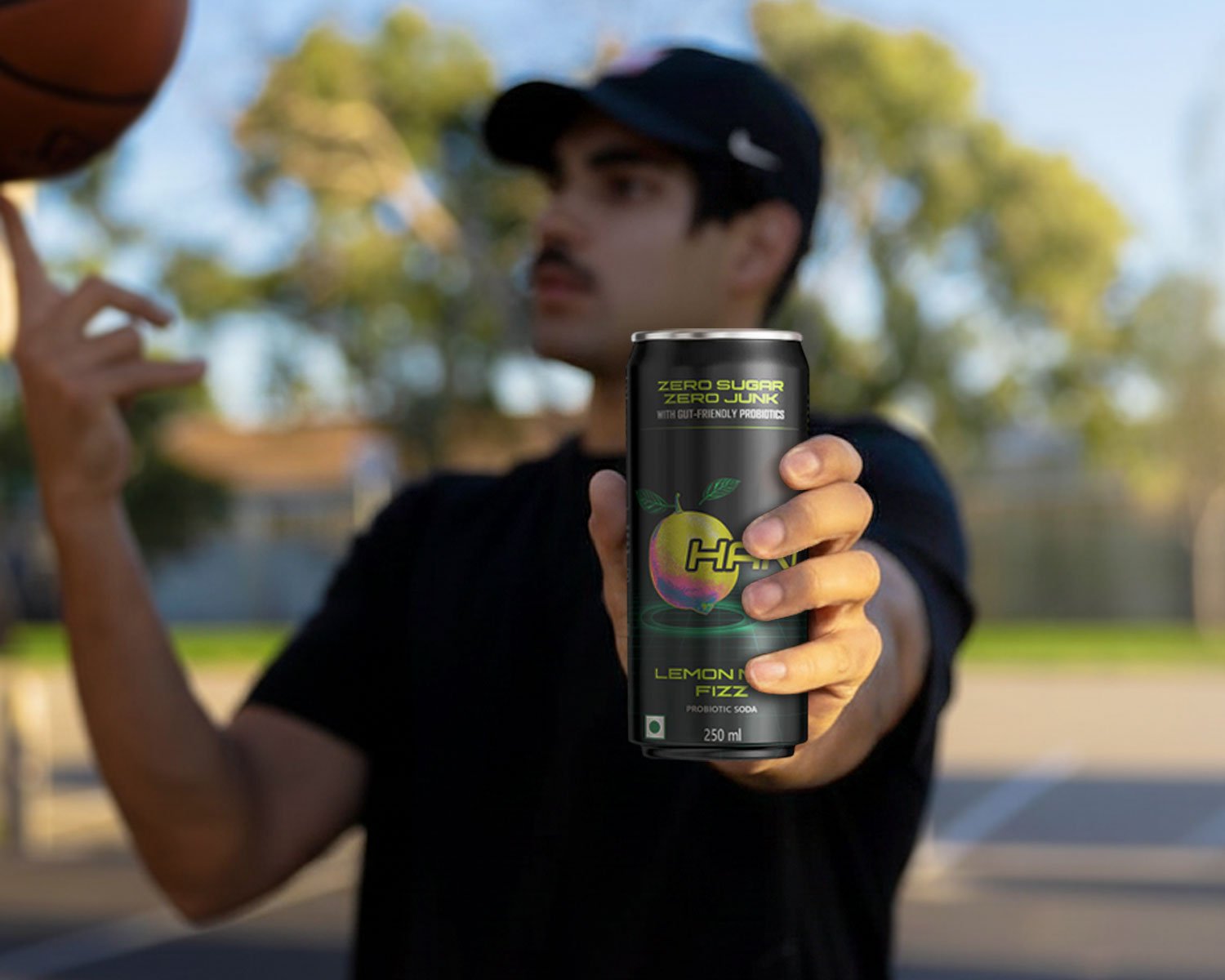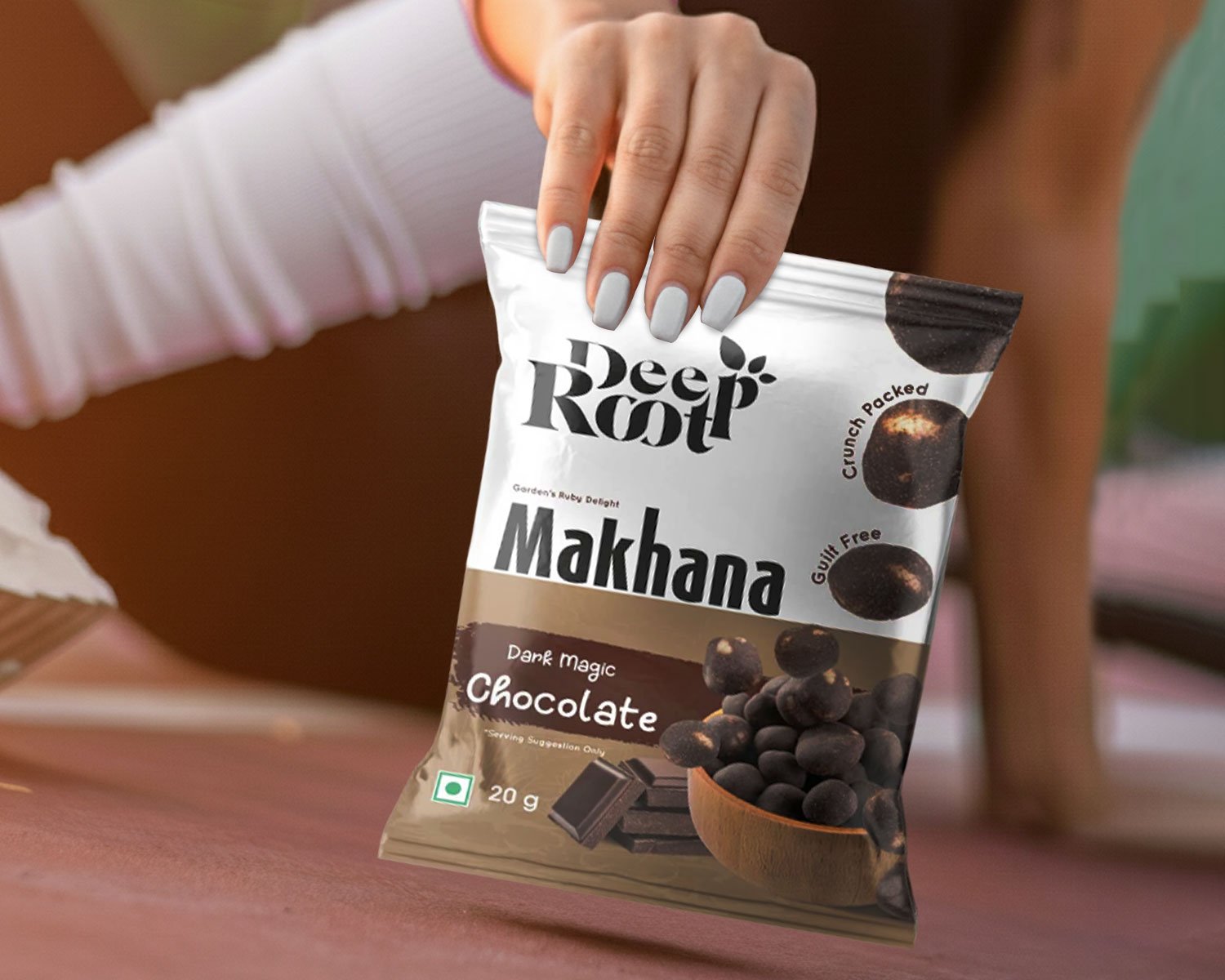There was a time when postbiotics were seen as just leftovers in the food and beverage market. But in 2025, these are called byproducts that have become one of the most powerful ingredients in functional drinks. As the functional beverage industry grows, beverage brands are moving beyond buzzwords and looking for ingredients that are truly effective, safe, and easy to work with. That is where postbiotics in functional beverages come in. They are scientifically proven to support gut and immune health, they don’t get spoiled easily, and they survive heat and storage without losing their potential. Postbiotics are showing us that the future of gut health may come from ingredients that are no longer living, but still very much alive in impact.
What Are Postbiotics In Functional Beverages?
Postbiotics in functional beverages are non-living metabolic byproducts or inactivated microbial cells that are produced during the fermentation of probiotics. They are not live bacteria but include the compounds that these beneficial microbes create, many of which remain active and effective even after the microbes themselves are inactivated or killed.
As per the International Scientific Association for Probiotics and Prebiotics (ISAPP), postbiotics are “a preparation of inanimate microorganisms and their components that confers a health benefit on the host.”
These health benefits are related to gut health, immune health, anti-inflammatory activity, and metabolic balance.
Market Insights Of Postbiotics In Functional Beverages
- The global market size for postbiotic ingredients in functional beverages is estimated at USD 16 million in 2025, with expected growth to USD 45 million by 2035, at a CAGR of 10.4% (Source)
- Functional drinks are growing with the global market valued at around USD 132.9 billion in 2025, and it is expected to reach USD 194.9 billion by 2033, at a CAGR of 4.9%. (Source)
- Postbiotic ingredients in functional drinks are gaining more popularity because of their quality in thermal stability, compatibility with clean-label, and health benefits that are verified by making them a natural fit for the growing functional beverage category.
- Rapid growth in both categories highlights a strong commercial opportunity for beverage brands that are ready to innovate with postbiotic-powered drinks.
Types Of Postbiotics In Functional Beverages
Postbiotics in functional drinks have more scope for bioactive compounds. Each compounds play a unique role in supporting health, mostly in gut function and immunity. Common types of postbiotics in functional beverages are:
- Short-chain fatty acids (SCFAs): This type of postbiotic in functional beverages includes butyrate, propionate, and acetate. This postbiotic helps in supporting intestinal barrier integrity, regulating inflammation, and fueling colonocytes.
- Cell wall fragments and peptidoglycans: These components interact with immune cells in the gut and help improve the immune system to differentiate between harmful and harmless antigens.
- Lactic acid and other organic acids: The postbiotic acids lower gut pH, which helps to prevent pathogen growth and support beneficial microbial populations.
- Enzymes and antimicrobial peptides: These postbiotic substances exhibit antibacterial properties and support digestion in the consumer’s body.
- Exopolysaccharides (EPS): This type of postbiotic helps in immune stimulation and has prebiotic-like effects.
The composition of postbiotics in functional drinks depends on the original microbial strain and the fermentation conditions that help to allow manufacturers to customize postbiotic preparations for specific health outcomes.
Postbiotics vs. Probiotics vs. Prebiotics In Functional Drinks
To understand the role of postbiotics in beverage development, it is important for beverage startups to know the difference between postbiotics, prebiotics and probiotics.
| Factors | Prebiotics | Probiotics | Postbiotics |
| Description | Live beneficial bacteria | Fibers or substrates that feed good microbes | Non-living microbial metabolites or fragments |
| Viability Required | Yes, viability is needed | No viability is needed in probiotics | No viability in postbiotics |
| Heat Stability | No heat stability | Probiotics have the ability of heat stability | Capability of heat stability |
| Shelf Life | Limited | Longer shelf life | Longer shelf life |
| Benefits | Modulate gut flora, support immunity | Promote the growth of probiotics | Support immunity, gut health, and inflammation control |
Unlike probiotics, postbiotics are not sensitive to heat, oxygen, or storage conditions by making them easier to incorporate into beverages that undergo thermal processing or extended distribution.
Scientific Evidence Supporting Postbiotic Functionality
A growing body of scientific evidence supports the role of postbiotics in promoting health, even in the absence of live microorganisms. The biological effects of postbiotics in functional beverages are:
1. Gut Barrier Function- SCFAs have strict rules in the intestinal epithelium that reduce intestinal leakiness and prevent the transfer of toxins into the bloodstream.
2. Immune System Modulation- Postbiotics in healthy drinks interact with the immune system of the body through the gut-associated lymphoid tissue (GALT), which increases both innate and adaptive immunity. Like, cell wall components are recognized by immune receptors and help regulate inflammatory responses.
3. Anti-Inflammatory and Antioxidant Properties- Several postbiotics have been shown to suppress pro-inflammatory cytokines while increasing anti-inflammatory markers. They also modulate oxidative stress, which has an impact on metabolism.
4. Metabolic Health and Microbiome Balance- According to research, postbiotics can improve glucose tolerance, lipid metabolism, and overall microbial diversity, which can contribute to a balanced gut ecosystem. Inactivated Lactobacillus plantarum and yeast-derived postbiotics have shown significant benefits in animal and human studies.
Advantages Of Postbiotics in Beverage Formulation
Postbiotics in functional drinks have unique technical and commercial advantages more than probiotics, which makes them a perfect choice for beverage developers focused on shelf-stable wellness drinks.
1. Heat and Processing Stability- Postbiotics are thermally stable, surviving pasteurization, UHT, and hot-fill processes. This makes them ideal for ready-to-drink (RTD) beverages and dairy alternatives where live cultures cannot survive.
2. Extended Shelf Life- They are not dependent on microbial viability, and that’s why postbiotics remain perfect for long storage. This simplifies distribution logistics and allows longer storage, which helps in global export markets.
3. Labeling and Regulatory Ease- Postbiotics do not require colony-forming unit (CFU) declarations, refrigeration disclaimers, or live strain identifications. This helps in clean labels and less regulatory complexities, especially in countries where live probiotic health claims face stricter challenges.
4. Consumer Trust and Compliance- Consumers want probiotic efficiency in shelf-stable products. Postbiotics provide a scientifically proven alternative with consistent performance, which increases consumer confidence and brand loyalty.
5. Formulation Flexibility- Postbiotics are generally neutral in taste and aroma, which allows beverage formulators to develop a wide variety of beverage recipe formulations, flavored waters, plant-based yogurts, functional teas, and hydration shots, without compromising sensory properties.
Postbiotic Ingredient Spotlight: What’s Being Used in 2025?
The leading postbiotic ingredients that are making their way into functional beverages in 2025 are.
- EpiCor® (Cargill)- A yeast-derived postbiotic clinically proven to support immunity and gut health. It is shelf-stable, water-dispersible, and ideal for RTD shots and immune-boosting drinks.
- LBiome™ (ADM)- A heat-treated Lactobacillus paracasei that supports digestive and immune health. It mixes smoothly into plant-based beverages with no impact on flavor or texture.
- Heat-Treated Lactobacillus plantarum- It is an inactivated probiotic strain with gut barrier and anti-inflammatory benefits. This probiotic is commonly used in dairy alternatives and low-acid wellness drinks.
- Yeast Cell Lysates- These ingredients come from Saccharomyces cerevisiae, which are rich in beta-glucans and B vitamins. They are ideal for energy, stress, and cognitive support beverages.
- BPL1™ HT (ADM/Biopolis)- A postbiotic from Bifidobacterium lactis helps to reduce fats and is better for metabolic profiles. It fits well in weight management drinks and smoothies.
Ready To Lead The Next Wave Of Functional Beverages?
Step ahead with postbiotic-powered innovation that’s shelf-stable, proven by science, and built for today’s wellness market. Our beverage recipe formulation experts help you choose the right ingredient, ensure label compliance, and deliver functionality without compromise. From concept to commercial launch, we make your beverage future-ready. Call us now on +91 8130404757.

